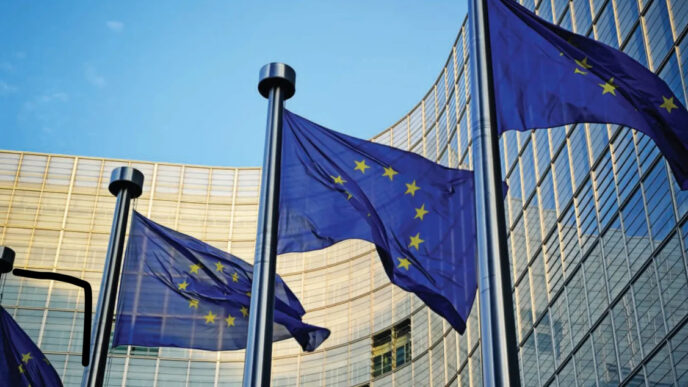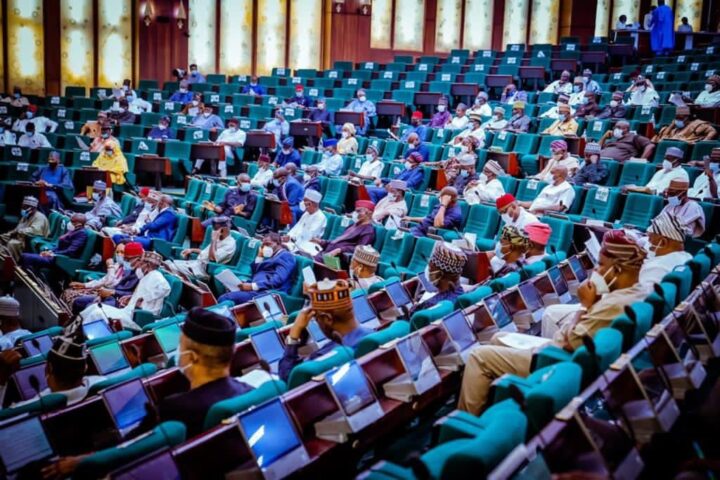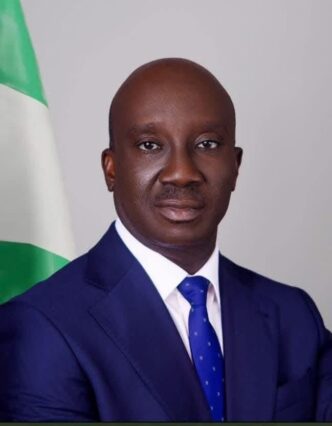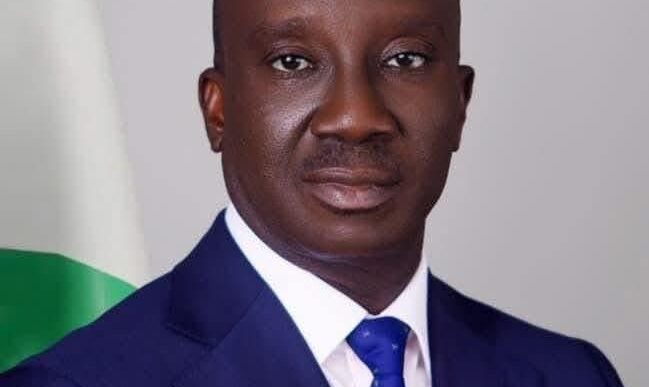The Sokoto State Commissioner of Religious Affairs, Dr. Jabir Sani Maihulla, says that the Ministry of Religious Affairs is a deliberate, evidence-based instrument of social policy and public welfare programmes and not merely a religious ministry.
In a syndicated interview, Dr. Maihulla made a compelling case of how the ministry advances public health, social cohesion, economic justice, and moral education in ways that conventional ministries cannot.
“Islam in Sokoto State is not only about worship; it is an integrated system of values and practices that shape the daily life of our people,” Dr. Maihulla said. “So, investing in religious infrastructure and guidance delivers cross-cutting benefits, cleaner prayer facilities that reduce the risk of disease transmission; monthly salary payments for Imams, which dignify them and had drastically reduced corruption and politicization of sermons; and zakat investments that are used for the benefit of orphans and vulnerable families.”
According to the Commissioner, concrete outcomes that justify the ministry’s existence include the rehabilitation and construction of 65 Jummah mosques across the state with many fitted with boreholes and solar power to improve hygiene and accessibility; the introduction of welfare programmes for Imams (regular stipends and support) to prevent exploitation by politicians, which has restored the integrity of Friday sermons; and the strengthening of the Zakat & Waqf Agency’s Productive Zakat Model, which invests in farms and real estate to create sustainable incomes for the upkeep of orphans and vulnerable families.
He further justified the creation of the ministry by Governor Ahmed Aliyu on the grounds that Sokoto State is the Seat of the Caliphate and the birthplace of Sheikh Usman Dan Fodio. According to him, when religion is woven into the civic and cultural fabric of the state, the people are the ultimate beneficiaries.
“When government harnesses religious institutions responsibly,” Dr. Maihulla said, “it solves several problems across many sectors at once, better religious practices, health, sanitation, education, and social justice.”
Other achievements of the ministry include addressing dishonest trade practices, highlighting public health and morality issues especially indecent dressing through town hall engagements, radio/TV programmes, and sermons by Imams in mosques, which he said have begun yielding the desired results.
The ministry has constructed perimeter walls at cemeteries and employed security guards and undertaken general maintenance across multiple localities.
“Ramadan campaigns promoted fair measurement by traders, and the training of butchers and market operators ensured ethical and better hygienic practices,” he added.
He stressed that the Ministry of Religious Affairs has transitioned from dormancy to delivering measurable, visible change across five strategic pillars: infrastructure, welfare, morality, conflict resolution, and public enlightenment.
“We are not a ministry of slogans. We measure our success with cleaner mosques, fewer disputes, better livelihoods for the vulnerable, and an overall atmosphere of trust. That’s what the people of Sokoto are telling us,” Dr. Maihulla said.
The Ministry of Religious Affairs, Sokoto State, oversees religious harmony, guidance, welfare of religious personnel, administration of zakat and waqf initiatives, and coordination with security and justice agencies to ensure that religious life is practiced within the rule of law.










